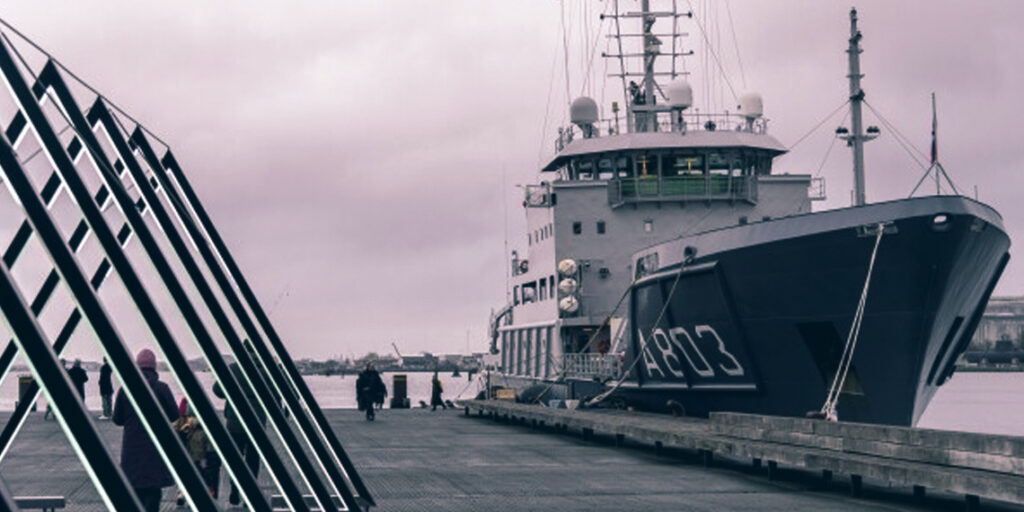Shipping companies may soon be required to pay a new tax to navigate the Baltic Sea as part of efforts to safeguard critical underwater cables from suspected Russian sabotage, Estonia’s defence minister has revealed.
Hanno Pevkur suggested that introducing a levy could help fund costly measures needed to protect power and communication lines beneath the sea, following multiple incidents allegedly linked to Russia’s “shadow fleet.”
“Let’s say that when you go to the airport you have the landing fee, you have the airport fee and this is paid in the ticket,” he said, speaking in Tokyo.
“So in one moment maybe we will see that when you are passing through the Danish straits there will be a cost for the companies to pay this because this is basically an insurance fee to damaging the cables.”
The move follows a series of incidents where vessels have reportedly damaged subsea cables with their anchors.
On Monday, Swedish authorities seized a Maltese-flagged ship suspected of damaging a key communication cable between Latvia and Sweden. This is the latest in a string of incidents over the past year, with similar damage reported to power and telecoms lines linking Estonia and Finland.
While official investigations continue, Pevkur noted that the pattern of damage suggests coordinated action by ships believed to be part of Russia’s covert maritime operations.
“When we see that all those ships are part of the shadow fleet of Russia although having different flags on their tail…then of course you know we have to connect the dots,” he explained.
NATO has responded by ramping up naval patrols across the Baltic Sea—bordered by eight nations—to protect underwater infrastructure.
The UK is also taking a firm stance. Last November, a Royal Navy submarine was ordered to surface near a suspected Russian spy vessel, the Yantar, which was reportedly loitering over undersea infrastructure in British waters.
Though the Yantar left for the Mediterranean, it has since returned and is being monitored by HMS Somerset as it moves through the Channel.
Countries are now exploring additional safeguards, including deploying sensors to detect dragging anchors or building protective casings around cables.
However, these measures will require substantial funding, and it remains unclear whether governments, cable operators, or consumers will bear the financial burden. Increased costs could ultimately result in higher taxes or utility bills for businesses and households.
According to the UK-based International Cable Protection Committee, around 150 undersea cables are damaged globally each year. The Baltic Sea’s shallow waters and dense maritime traffic—estimated at 4,000 ships daily—make it particularly vulnerable to disruption.
Russia has dismissed Western allegations as “evidence-free” accusations. However, the growing pattern of incidents has raised serious concerns among NATO allies, prompting urgent discussions on strengthening maritime security and ensuring the resilience of critical energy and communication networks in the region.
With tensions escalating, the proposed Baltic Sea transit tax could soon become a reality, shifting the cost of security onto shipping firms as Europe moves to counter potential threats to its vital infrastructure.


